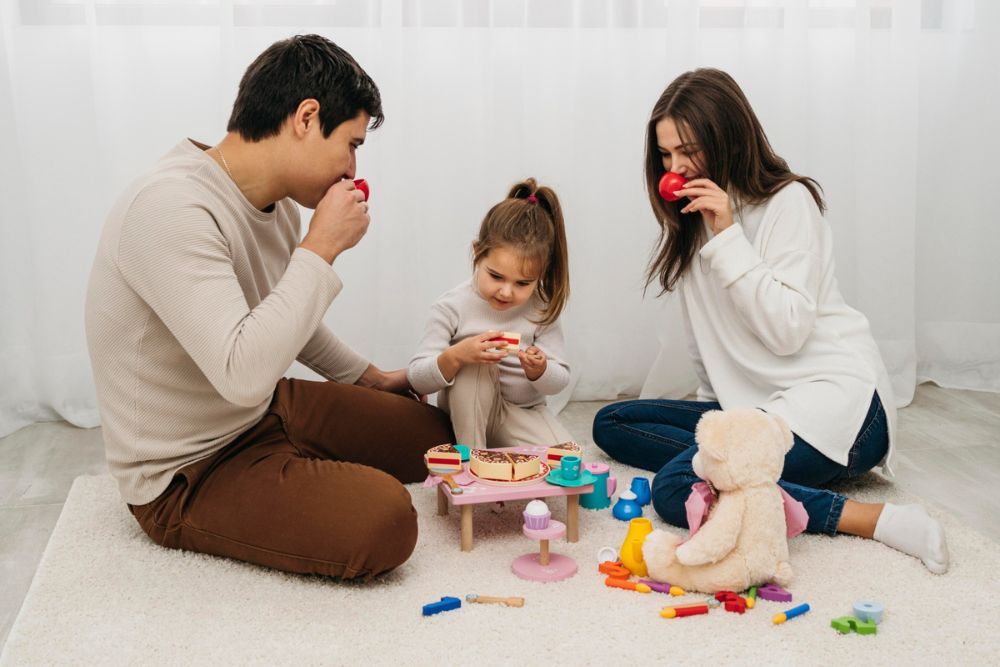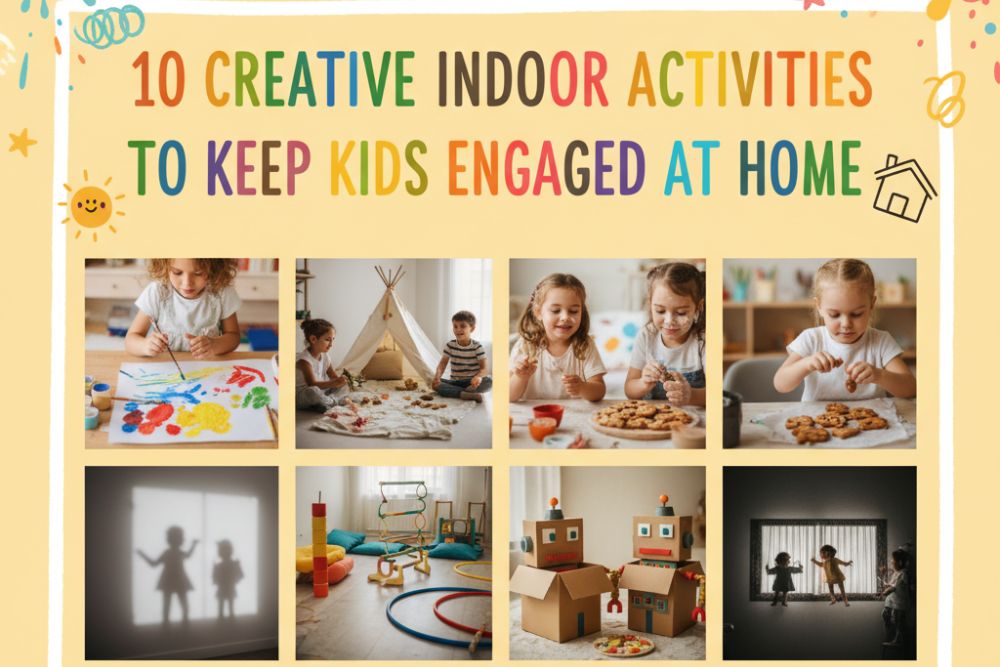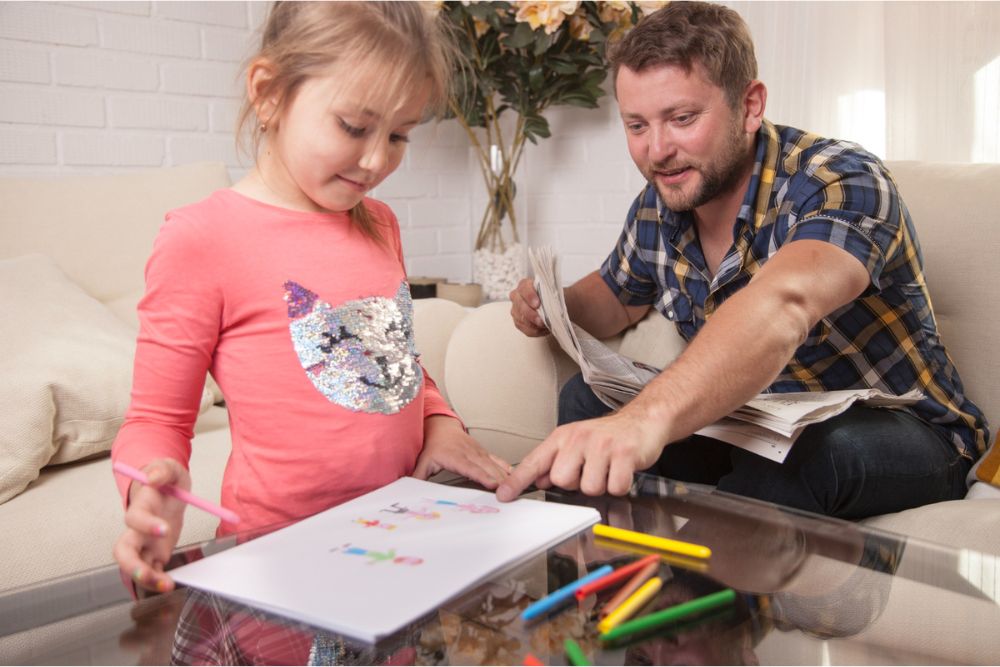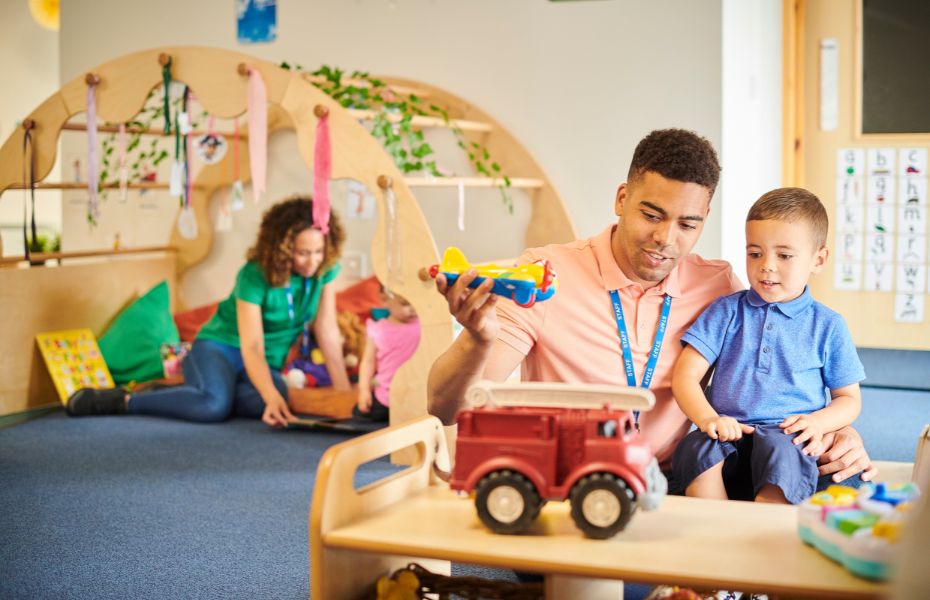Being a parent isn't only about teaching kids what's right and wrong. It's also about shaping how they view themselves and the world. One super useful skill you can teach your child is a growth mindset — the belief they can get smarter and better at things if they try, practice, and don't give up. For more ideas, visit prishatheexplorer.com.
Why a Growth Mindset Matters
For parents, this way of thinking helps raise kids who are self-assured, curious, and resilient. Children who learn this early tend to handle problems more easily, stay interested in school, and grow into adults who enjoy lifelong learning.
Turning Everyday Moments into Fun Learning Opportunities
Kids are naturally curious, so the easiest way to build a growth mindset is to make learning part of everyday life.
- In the kitchen: Let your child help measure while cooking — early math through play.
- During playtime: Use blocks or puzzles to teach patience and problem solving. If the tower falls, encourage them to try again instead of fixing it yourself.
- While cleaning up: Turn chores into learning — sing counting songs while tidying or sort clothes by color when doing laundry.
When kids see they can learn anywhere, they become curious and willing to try new things.
Choosing the Right Educational Media
Screens are part of life — help kids use them well. Pick short, fun videos that teach numbers, letters, shapes, or social skills. Watch with your child and ask questions like:
- “What did you learn?”
- “How did the character solve the problem?”
It’s not about avoiding screens completely, but making screen time meaningful and connecting it to real-world activities.
Learning Through Games and Play
Games—both in-person and online—give kids a safe space to experiment, think strategically, and cooperate. Use games to show that mistakes are part of learning.
- Math games: Counting objects, hopscotch with numbers, or simple online puzzles to make math less scary.
- Creative games: Drawing challenges, scavenger hunts, or story-making to boost creativity.
- Online play: Use age-appropriate platforms and join in to support their learning.
Encouraging Effort Over Results
How parents respond shapes a child's mindset. Praise effort and strategies rather than labeling intelligence.
- Instead of “You’re so smart,” try “I love how hard you worked on that.”
- If they struggle: “I can see you’re really trying. Let’s figure this out together.”
Focusing on effort teaches persistence, resilience, and a love for practice over perfection.
Encouraging Curiosity and Exploration
Kids ask “why” constantly — turn those moments into adventures. You don’t need all the answers; explore them together.
- “Good question! Let’s look it up.”
- Take a toy apart (safely) to see how it works, or experiment together to find out.
Turning questions into shared exploration shows that learning never stops.
Creating a Safe Space for Mistakes
Children won’t develop a growth mindset if they’re scared to fail. Model mistakes and learning in front of them:
- Share your own stories: “I burned dinner once — I tried again and got better.”
- Don’t jump in to fix everything. Offer small help and cheer them on while they try.
- Let them struggle a bit with shoes or puzzles — success feels rewarding when it’s earned.
Why Growth Mindset Matters for Parents Too
Parents benefit from a growth mindset as well. Parenting isn’t about perfection — it’s about learning with your child.
- Admit when you don’t know something: “I don’t know — let’s figure it out together.”
- Show that adults make mistakes and can grow from them.
This creates a family culture where learning is valued and modeled.
Quick Tips for Parents
- Make learning part of daily routines — cooking, play, and chores can all teach skills.
- Choose educational media and watch with your child to make connections.
- Play games that challenge but don’t frustrate — celebrate trying and improving.
- Praise effort and strategies, not just outcomes.
- Turn questions into shared experiments and adventures.
- Model mistakes and how to learn from them.
Helping your child develop a growth mindset isn’t about pushing them to be the best — it’s about helping them believe they can improve and enjoy learning along the way.
For more ideas and activities, visit prishatheexplorer.com.




